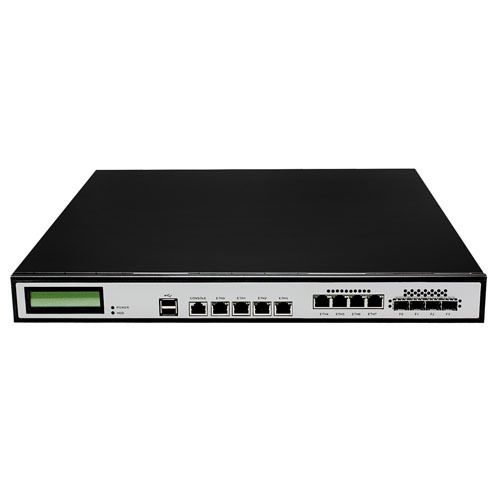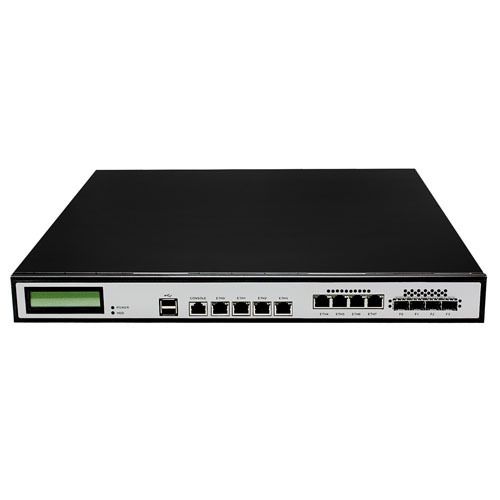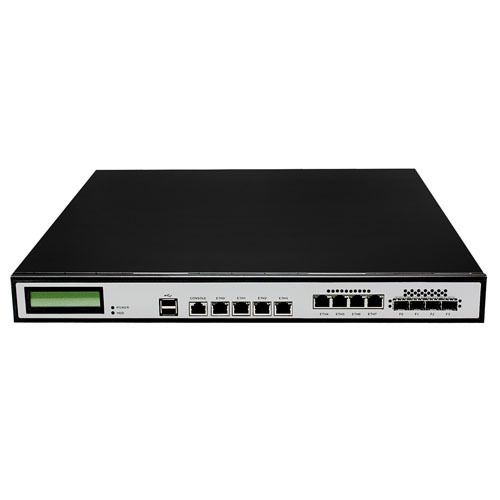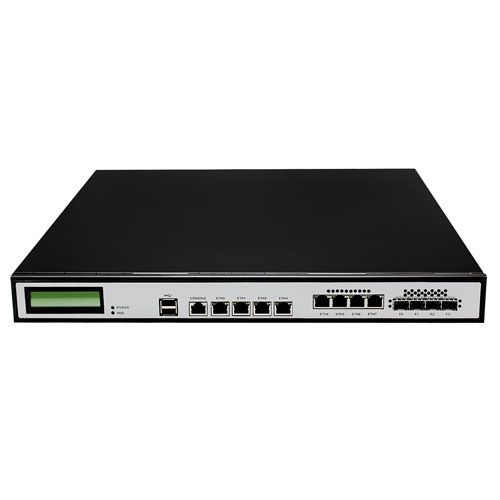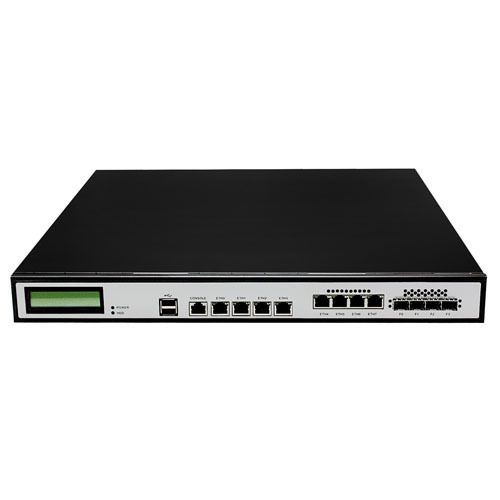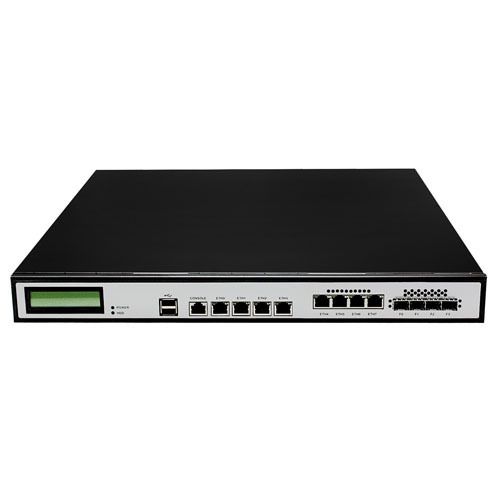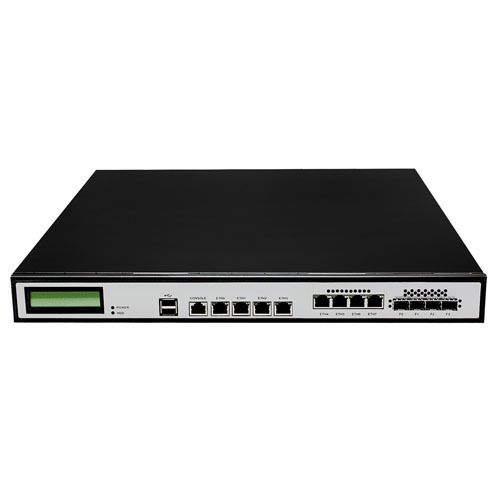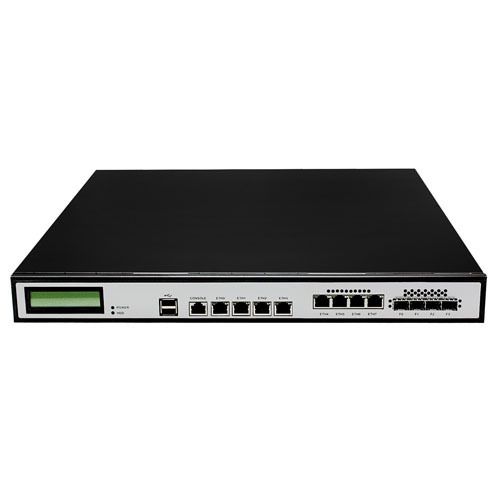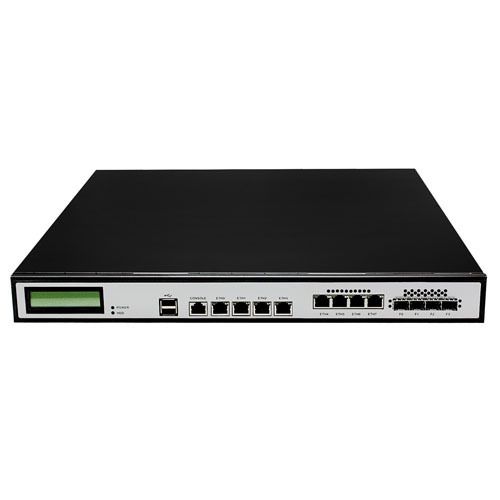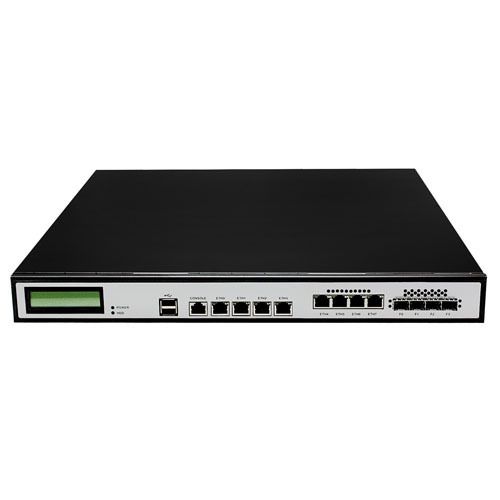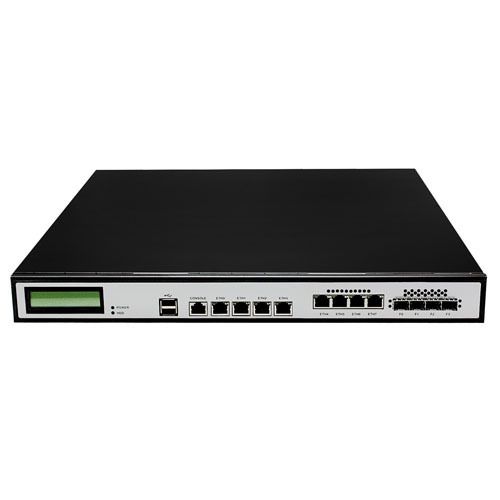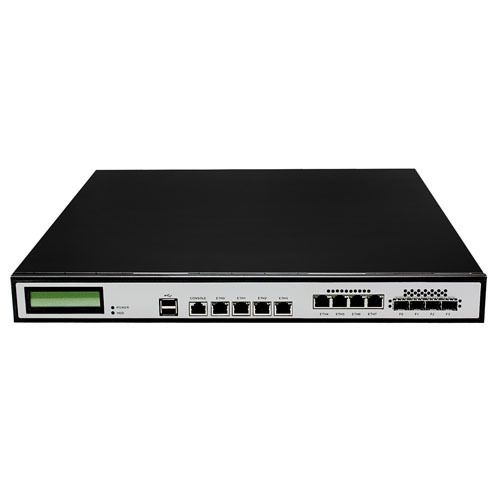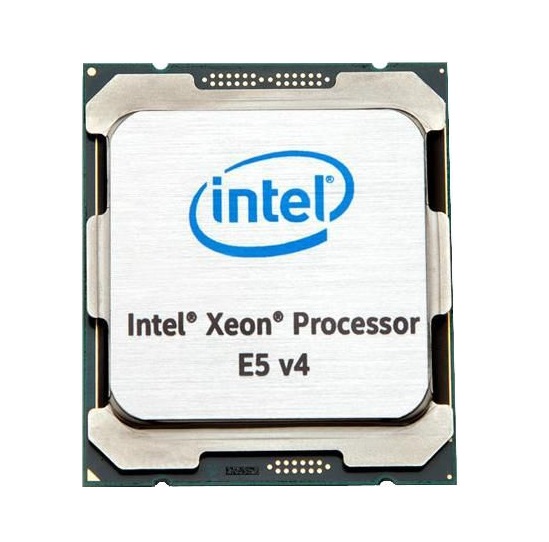CPUs and Processors
Welcome to our online store, where we offer a wide range of CPUs and processors for your computing needs. Whether you're building a new computer or upgrading your existing system, we have the right CPU or processor for you.
CPUs (Central Processing Units) and processors are the most important component of a computer system. They are responsible for executing all the commands and processing data. A good CPU or processor can make a significant difference in the performance of your computer, making it faster and more responsive.
Benefits:
High performance:A good CPU or processor can significantly improve the performance of your computer, making it faster and more responsive.
CPUs (Central Processing Units) and processors are the most important component of a computer system. They are responsible for executing all the commands and processing data. A good CPU or processor can make a significant difference in the performance of your computer, making it faster and more responsive.
A firewall is an important network security tool that employs pre-established security regulations to supervise and govern the flow of inbound and outbound network traffic. In this article, we will discuss the benefits of firewalls, the different types of firewalls available, and how to choose and maintain them. Firewalls provide advanced security features, such as intrusion detection and prevention, helping to protect the network against cyber-attacks and other security threats. Firewalls allow administrators to control access to the network, enabling them to block unauthorized access and ensure that only authorized users can access network resources. Firewalls can filter network traffic, blocking malicious traffic and allowing legitimate traffic to pass through, reducing the risk of cyber attacks. Firewalls help organizations meet regulatory compliance requirements, such as HIPAA and PCI DSS, by providing advanced security features and access control. Network firewalls are hardware or software devices that monitor and control traffic between networks, such as the internet and an internal network. Host-based firewalls are software applications that are installed on individual computers or servers, providing security at the individual host level. Next-generation firewalls (NGFWs) provide advanced security features, such as application awareness, intrusion prevention, and deep packet inspection, enabling administrators to protect against more advanced cyber threats. Unified Threat Management (UTM) devices provide a range of security features, such as firewall, antivirus, and intrusion detection and prevention, in a single device. When choosing a firewall, it's important to consider the specific needs and requirements of your network. For example, if you need advanced security features, a next-generation firewall or unified threat management device may be the best choice. It's also important to ensure that the firewall is compatible with your network infrastructure. To maintain firewalls, regular maintenance is crucial. Here are some tips for maintaining your firewall: Ensure firmware and software are up-to-date to ensure compatibility with the latest security and performance updates. Test the firewall regularly to ensure it is functioning properly. Review firewall logs regularly to identify potential security threats and performance issues. Ensure that the firewall is configured correctly and securely in the network infrastructure. A firewall is an important network security tool that employs pre-established security regulations to supervise and govern the flow of inbound and outbound network traffic. By understanding the different types of firewalls available, how to choose the right one for your needs, and how to maintain it, you can ensure that your network is protected against security threats and compliance requirements are met.Firewalls
Benefits of Firewalls:
Enhanced Security:
Access Control:
Traffic Filtering:
Compliance:
Types of Firewalls:
Network Firewalls:
Host-based Firewalls:
Next-Generation Firewalls:
Unified Threat Management:
Choosing and Maintaining Firewalls:
Conclusion:
